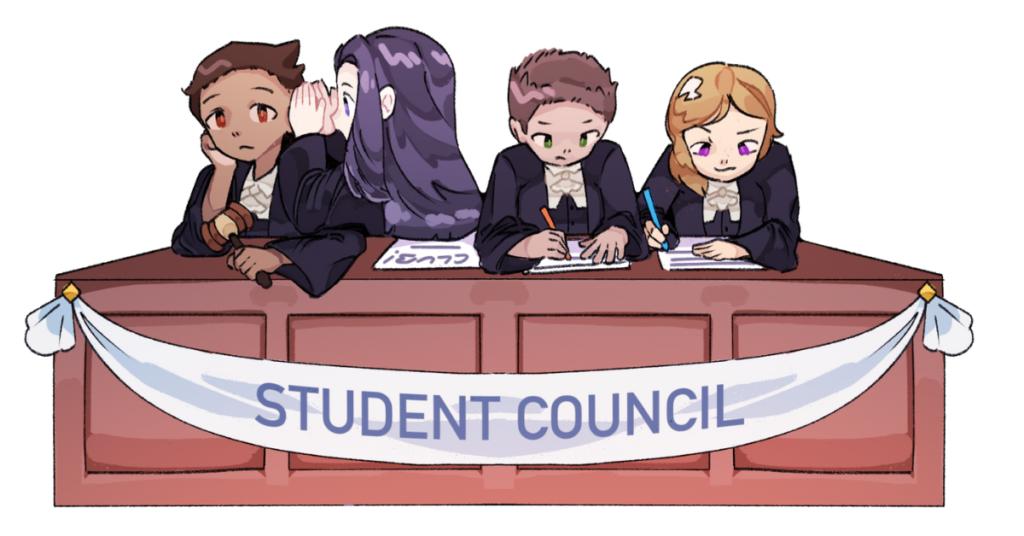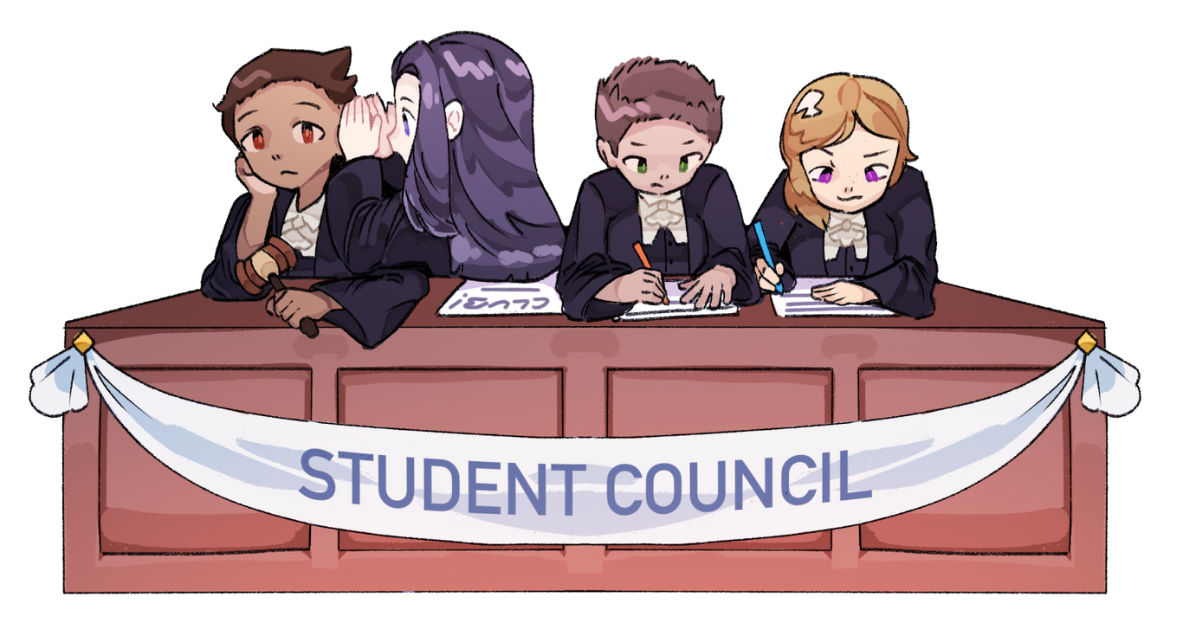Student government is a vital part of school life, providing students with unique opportunities to engage, lead, and advocate for their peers. This article delves into the various facets of student government, illustrating how it serves as a platform for personal development and community enhancement. By participating in student government, students not only cultivate essential skills but also contribute meaningfully to their school environments.

What is Student Government?
Student government refers to an organization comprised of elected students who represent their peers within a school or educational institution. It typically exists at various levels, including elementary, middle, and high schools, as well as colleges and universities. The fundamental purpose of student government is to advocate for student needs, foster school spirit, and facilitate communication between the student body and the faculty. However, the benefits extend far beyond these functions.
The Structure of Student Government
Student government structures can vary, but most follow a hierarchical system that includes the following key positions:
- President: The leader who sets the vision for the student government, presides over meetings, and represents the student body at official functions.
- Vice President: The second-in-command who supports the president and takes over responsibilities in their absence.
- Secretary: Responsible for documenting meeting minutes, managing communications, and ensuring that information is disseminated effectively among members.
- Treasurer: Manages the student government budget, oversees fundraising efforts, and ensures transparent financial practices.
- Committee Chairs: Leaders of specialized committees focusing on areas such as events, advocacy, or outreach, each tasked with specific initiatives.
Each role offers unique opportunities for students to develop skills relevant to their position while learning about teamwork and collaboration.
Skill Development Through Student Government
Engaging in student government provides numerous avenues for personal and professional growth. Here are some essential skills students can acquire through their involvement:
1. Leadership Development
Leadership is a cornerstone of student government. Students learn to lead projects, inspire their peers, and make informed decisions. These experiences help them develop confidence and leadership qualities that will serve them well in their future endeavors.
2. Effective Communication
Clear and persuasive communication is vital in student government. Students must express their ideas, advocate for their peers, and engage with faculty. This involvement hones their ability to articulate thoughts and listen to others, fostering strong communication skills.
3. Teamwork and Collaboration
Student government thrives on collaboration. Students work in teams to plan events, address issues, and implement changes. This teamwork fosters an appreciation for diverse perspectives and cultivates conflict-resolution skills that are valuable in both academic and professional settings.
4. Problem-Solving Skills
Challenges are inherent in student government. Whether organizing a large event or advocating for policy changes, students learn to identify problems, brainstorm solutions, and execute plans. This hands-on experience enhances critical thinking abilities and prepares them for future challenges.
5. Organizational Abilities
Managing a student government involves careful planning and organization. Students learn to prioritize tasks, manage timelines, and create detailed project plans. These organizational skills are transferable to academic pursuits and future careers.
Making a Positive Impact on the School Community
Student government plays a crucial role in enhancing the school environment. Here are several ways in which student governments can positively impact their communities:
1. Advocacy for Student Voices
Student government representatives act as a voice for their peers. They gather feedback on important issues, advocate for student needs, and work to address concerns. This advocacy ensures that students’ perspectives are considered in school decision-making.
2. Organizing School Events
One of the primary responsibilities of student government is planning and organizing various events, such as dances, spirit weeks, and community service projects. These activities foster school spirit, create opportunities for social interaction, and encourage student participation.
3. Promoting Inclusivity and Diversity
A well-functioning student government prioritizes inclusivity and diversity. By encouraging participation from all student groups, they can create a culture of respect and belonging, enhancing the overall school experience for everyone.
4. Strengthening Communication Between Students and Faculty
Student governments serve as a vital link between students and faculty. By facilitating regular communication, they can help address concerns and create a more supportive school environment. Regular meetings with administrators can lead to constructive changes and improvements in school policies.
Pathways to Getting Involved in Student Government
Participating in student government is a fulfilling journey. Here are some steps students can take to get involved:
1. Research Opportunities
Students should start by familiarizing themselves with their school’s student government structure, including the roles available, election processes, and eligibility criteria. Understanding these aspects will help them navigate the system effectively.
2. Attend Student Government Meetings
Many student governments welcome all students to attend meetings, regardless of whether they hold an official position. This participation allows students to learn about ongoing initiatives and demonstrate their interest in getting involved.
3. Run for an Elected Position
For those interested in taking on a leadership role, running for an elected position is a significant step. This process typically involves campaigning, delivering speeches, and gaining support from peers. Running for office can be a transformative experience, fostering confidence and public speaking skills.
4. Volunteer for Committees or Projects
If running for office feels intimidating, students can still contribute by volunteering for committees or specific projects. This involvement allows them to make a difference without the pressure of a leadership role while gaining valuable experience.
5. Seek Guidance from Mentors
Finding a mentor within the student government or a faculty advisor can provide invaluable support. Mentors can offer insights from their experiences, provide guidance on navigating challenges, and encourage personal growth.
Long-Term Benefits of Student Government Involvement
The skills and experiences gained through student government can have lasting impacts on students’ lives. Many successful individuals attribute their leadership skills and confidence to their involvement in student government during their school years. Additionally, participation in student government can enhance college applications and resumes, showcasing a commitment to service and leadership.
1. Building a Network
Through student government, students have the opportunity to build a network of peers and mentors. These connections can prove invaluable as they pursue higher education and career opportunities. The relationships formed in student government can lead to lifelong friendships and professional collaborations.
2. Fostering Civic Engagement
Participation in student government instills a sense of civic responsibility. As students learn about governance and advocacy, they become more likely to engage in their communities as active citizens. This involvement lays the groundwork for future participation in local, state, and national issues.
3. Developing Personal Identity
Involvement in student government allows students to explore their interests, values, and leadership styles. As they navigate challenges and engage with diverse groups, they develop a clearer understanding of their identity and future goals. This self-awareness is critical as they transition into adulthood.
Conclusion
The opportunities provided by student government are integral to developing the leaders of tomorrow. By participating in student government, students gain valuable skills, contribute to their communities, and cultivate a sense of belonging within their school. As they embark on their educational journeys, encouraging involvement in student government can help nurture the next generation of leaders, equipped to make meaningful contributions to society. Whether running for office or participating in projects, the experiences gained in student government are invaluable, paving the way for a brighter, more engaged future.
